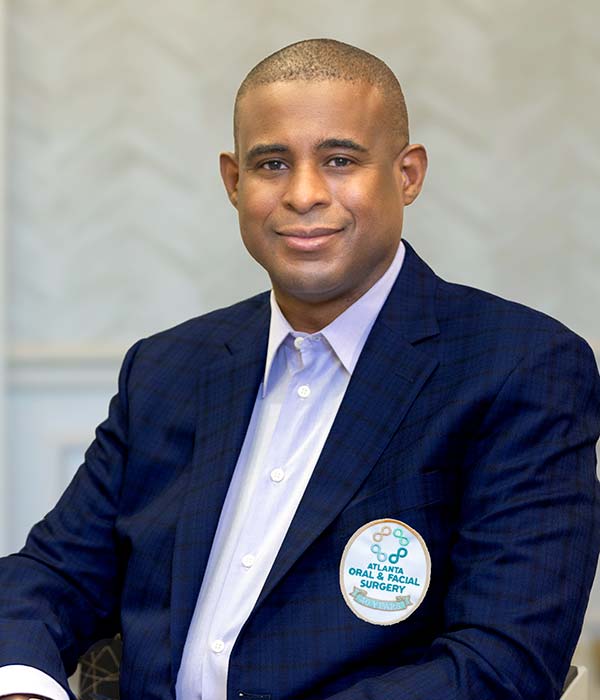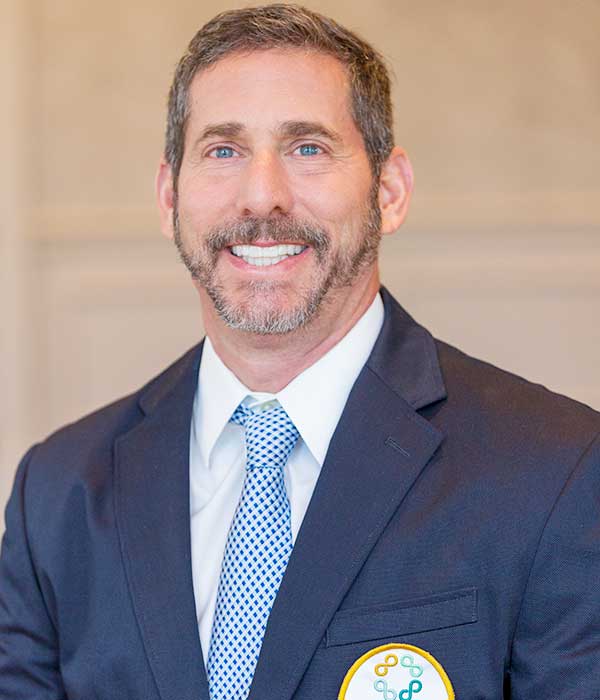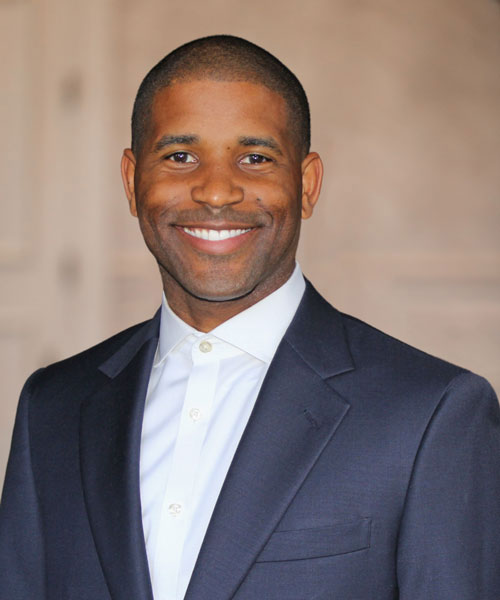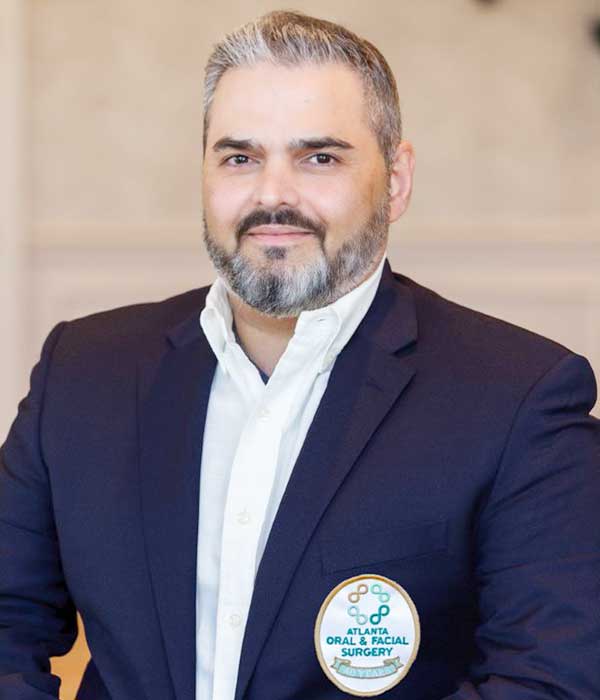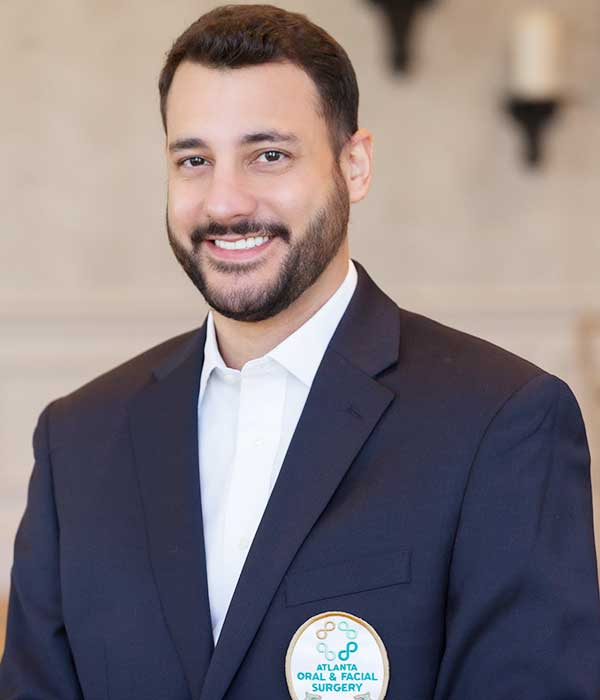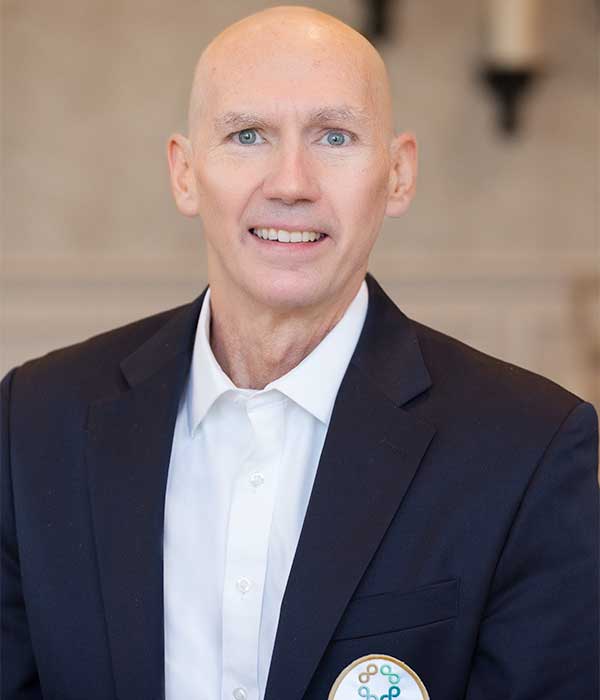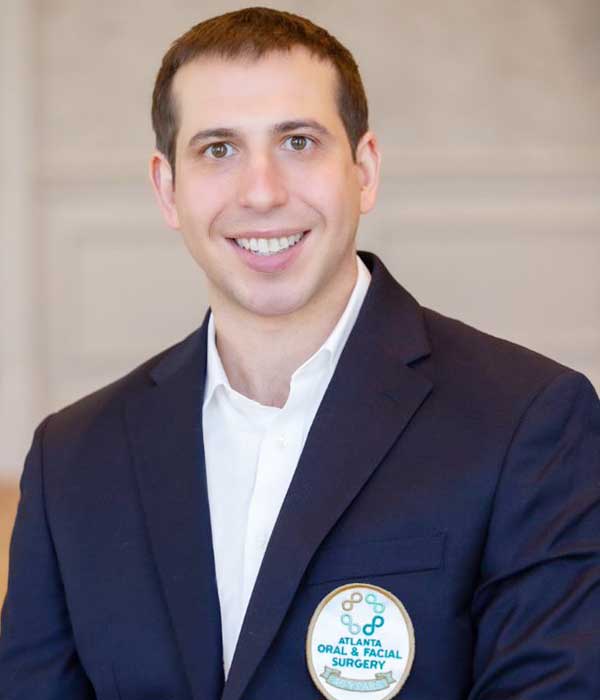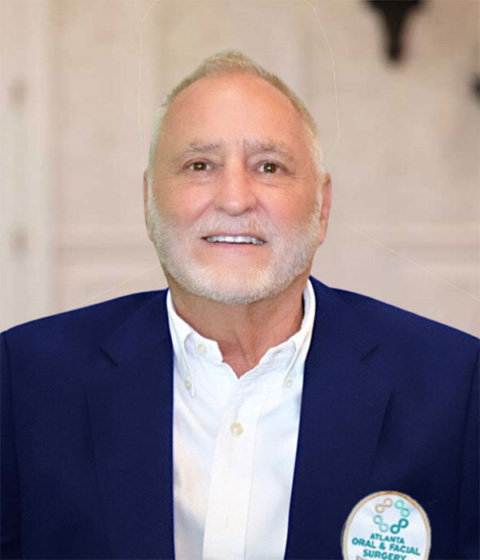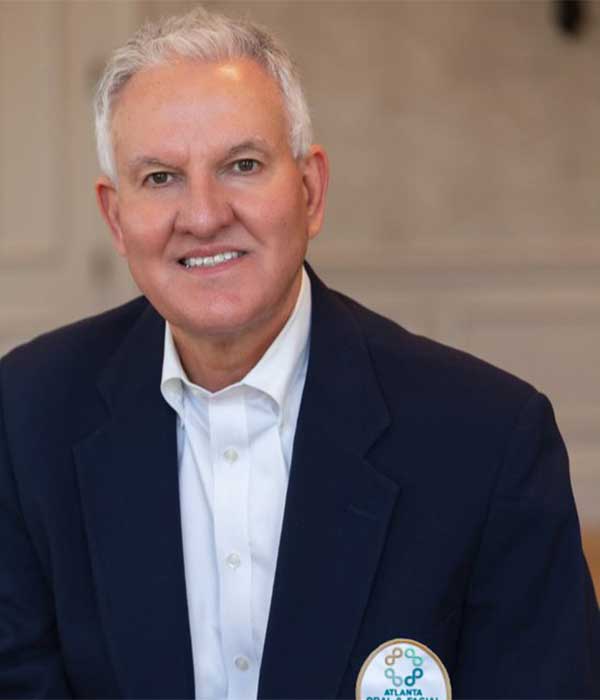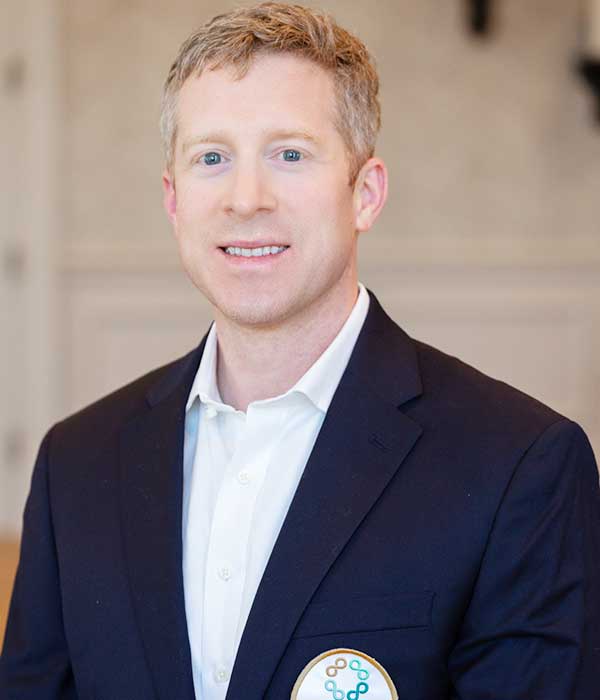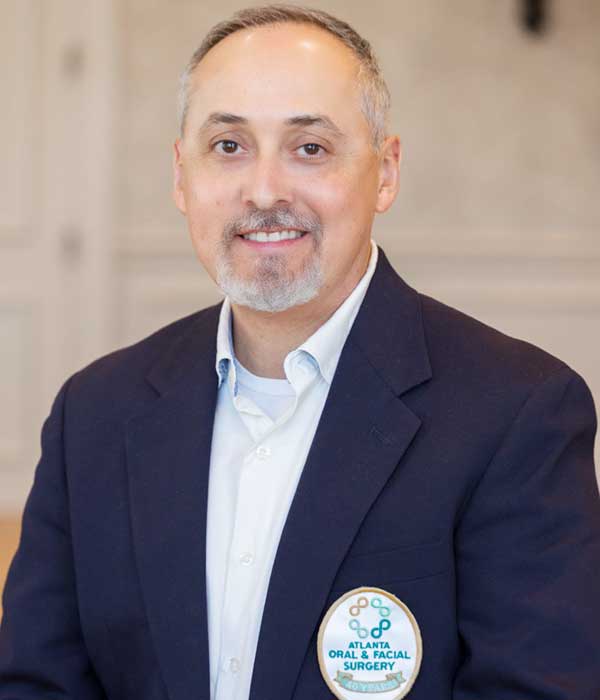Signs You Could Be Suffering From Sleep Apnea
What is Sleep Apnea?
Sleep apnea is a serious sleep disorder caused by your airway becoming obstructed, which cuts off your oxygen supply while sleeping. It is important to recognize the signs of sleep apnea as early detection can lead to effective management. Here are some of the common signs that you might experience with sleep apnea:
- Loud Snoring – Loud, persistent snoring, often interrupted by periods of silence followed by gasps.
- Episodes of Breathing Cessation – These are periods during sleep where breathing stops temporarily. They can last from a few seconds to minutes and may occur as many as 30 times or more in a single hour.
- Gasping for Air During Sleep – Individuals often experience abrupt awakenings accompanied by shortness of breath. This is the body’s response to resuming breathing after a pause.
- Morning Headaches – The fluctuating oxygen and carbon dioxide levels in the blood due to interrupted breathing can lead to vascular headaches upon waking.
- Excessive Daytime Sleepiness (Hypersomnia) – This can occur due to the disruption of normal sleep patterns.
- Decreased Libido – The fatigue and stress caused by sleep apnea can lead to a diminished sex drive.
- High Blood Pressure – Ongoing struggles with sleep apnea can contribute to hypertension due to the stress of frequent waking and reduced oxygen levels.
- Difficulty Concentrating – Sleep apnea can lead to poor sleep quality, which in turn affects cognitive functions like concentration and memory.
- Dry Mouth or Sore Throat Upon Awakening – These symptoms can occur if you’ve been breathing through your mouth during the night, which is common in individuals with sleep apnea.
- Weight Gain – Sleep apnea can lead to hormonal imbalances that increase appetite and cravings, making weight management more challenging.
- Observations by Bed Partners – Bed partners may notice signs like snoring, pauses in breathing, or restlessness.
 Contributing Factors That Can Lead to Sleep Apnea
Contributing Factors That Can Lead to Sleep Apnea
There are some factors which may predispose you to developing sleep apnea:
- Family History – Genetic factors can play a role, with a higher risk if immediate family members are affected.
- Smoking – Smoking can increase inflammation and fluid retention in the upper airways, exacerbating sleep apnea symptoms.
- Age and Gender – Men over 40 are more likely to suffer from sleep apnea, though it can affect both genders and all ages.
- Neck Circumference – A neck circumference of over 17 inches in men or 16 inches in women increases the risk of obstructed airways and sleep apnea.
- Use of Alcohol, Sedatives, or Tranquilizers –These substances relax the muscles in the throat, worsening airway obstruction during sleep.
- Nasal Congestion – Chronic nasal congestion, especially at night, can increase the likelihood of developing sleep apnea.
How is Sleep Apnea Treated?
The most common treatment for sleep apnea is the nightly use of a continuous positive airway pressure machine (CPAP). This machine requires a user to wear a mask over their face during sleep, and many sleep apnea sufferers have trouble adjusting to the process as it can be uncomfortable or cause feelings of claustrophobia.
Oral Appliances
There is an alternative treatment for patients with mild to moderate sleep apnea that involves fabricating a custom designed oral appliance. This appliance slightly re-positions your lower jaw, which opens your airway and allows you to breath freely throughout the night. These appliances are comfortable and easy to wear. In most cases of mild to moderate sleep apnea, users have been able to stop using the CPAP and only use the appliance, but for others with severe sleep apnea, a combination of the appliance and the CPAP machine may provide more effective treatment.
Sleep apnea is a serious condition and understanding the symptoms of sleep apnea can prompt individuals to seek professional medical advice and timely care. Treatment options vary but are essential to prevent further health complications and improve your quality of life.
Give Atlanta Oral & Facial Surgery a Call
If you believe you have sleep apnea or if you’ve been diagnosed and are struggling with using a CPAP machine, reach out to us at Atlanta Oral & Facial Surgery. We have an exceptional care team dedicated to resolving complex health concerns in ways that consistently earn the trust of patients, those who care for them, and referring dentists. As the largest oral surgery group of its kind in the United States, we have revolutionized our patient journey into a thoughtfully designed holistic experience that addresses patient concerns, centralizes and simplifies processing, and inspires confidence in exceptional outcomes.
Oral health is at the center of wellbeing, so we invest our time, talents and resources to deliver remarkable care that enhances quality of life and transcends the expected healthcare experience.




